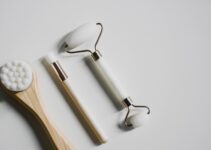So you’ve successfully undergone plastic surgery. If you thought that the hard part is over, wait until you see what the recovery process has in stock for you. Many types of plastic surgeries, such as breast reconstruction, require a significant level of attention.
The recovery process can be long and hard. But according to drpotter.com, it doesn’t have to be and we’ll tell you exactly why. Experts have shared their opinions on how to survive and make the recovery process that much easier. So that’s why we give you our X must-have beauty things after doing plastic surgery.
With all that said, let’s start.
Table of Contents
1. Incision Care Supplies
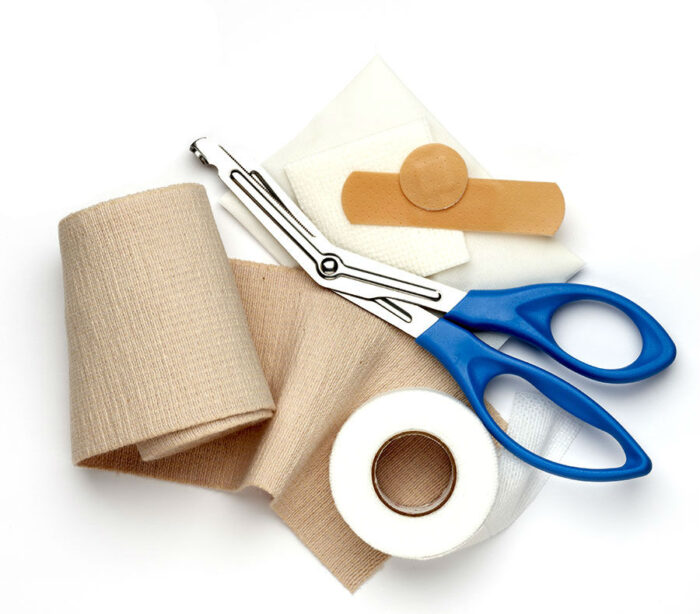
Source: wallacehms.com
No doubt plastic surgery will involve the use of plenty of knives and needles. Thus, your plastic surgeon will likely leave incisions and recommend the appropriate steps to limit scarring, pain, and discomfort. This is where incision care supplies come into play. The great thing about modern plastic surgery is that we can use all kinds of products to prevent risky problems such as infections.
The surgeon will take the necessary steps and close the incision. But you will have to look after it. Popular incision care supplies include basic transparent adhesive bandages, medicated bandages, dry gauzes, hydrogen dressing, foam dressing, and many other products.
What’s important to understand is to do exactly as your surgeon says. Don’t deviate from the plan and use the appropriate supplies to heal your wounds.
2. Gel Ice Packs
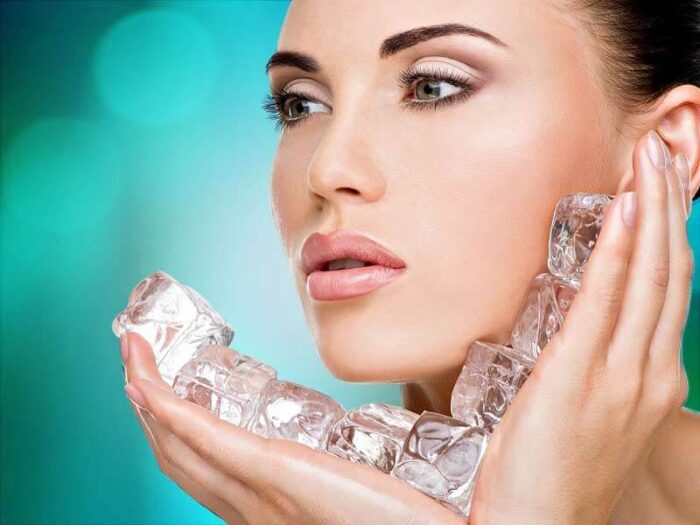
Source: lifealth.com
Some plastic surgeries, like facial surgeries, can be quite painful. That’s why you can use all kinds of products to make life easier during the recovery phase.
The most popular product on the market, and one that every surgeon will recommend after plastic surgery, is gel packs. Gel packs are highly convenient and helpful when it comes to reducing pain and swelling in the area where you’ve had the surgery.
This could be your face, your breast area, or other areas. Gel packs come in all shapes and sizes. They come as separate packs where all you need is to simply place them over the area, or they can come specially designed for plastic surgery patients.
You should be actively looking at the latter. Gel packs that come with the ability to wrap them over the area will save you from a lot of trouble. Not on that, but it will make life much easier. Gel ice packs are ideal for bruising and swelling, jaw surgery, facial surgeries, and more. Their key strengths include they’re flexible, contours to face, they’re washable, soft, comfortable, reusable, and durable.
3. Dry Shampoo

Source: batistehair.com
No doubt you’ll be instructed not to get water over the incision area. Regardless of what sort of surgery you’ve gone through, this is the likeliest of recommendations you’ll get.
When that’s the case, it will be quite hard to wash without getting the area affected by water. But all of that is going to be a thing of the past after you acquire dry shampoo.
Dry shampoo is highly convenient as it doesn’t require water to activate. Since we have to wash one way or another, dry shampoo does that without needing to hop into the bath. This beauty care product will keep your hair nice and healthy. So if you’re thinking of products to stock on after your surgery, make sure to have dry shampoo one of those.
4. Antibacterial Hand Sanitizer
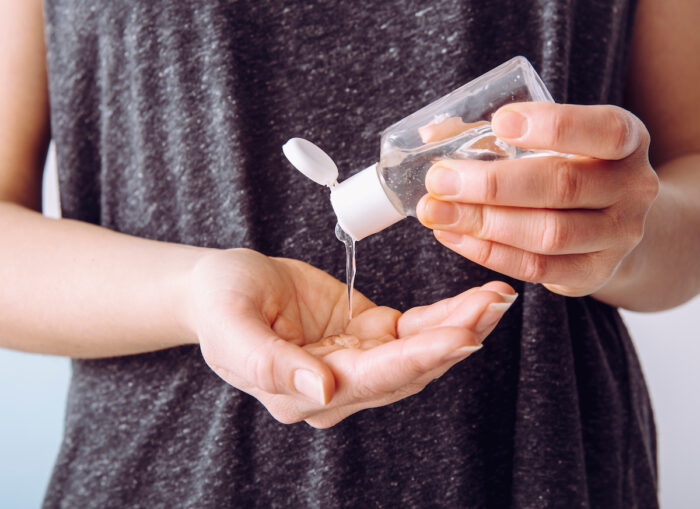
Source: keckmedicine.org
It’s important to keep the incision area as clean as possible. Although we did talk about incision care products, we have to mention this one in greater depth as it is that important. Much like getting a tattoo, making sure that the incision area is clean is of utmost importance. Your plastic surgeon will make sure you don’t forget about it. So chances are, you’ll need to also stock on antibacterial hand sanitizer.
This product is best for preventing stuff from getting in the way of the incision. You can use hand sanitizer or soap. Just do remember that you’ll have to use water with the soap; which might not be possible in some cases. Whenever at home recovering from the procedure, make sure to keep a bottle of hand sanitizer by you at all times.
5. Moisturizer and Cleanser
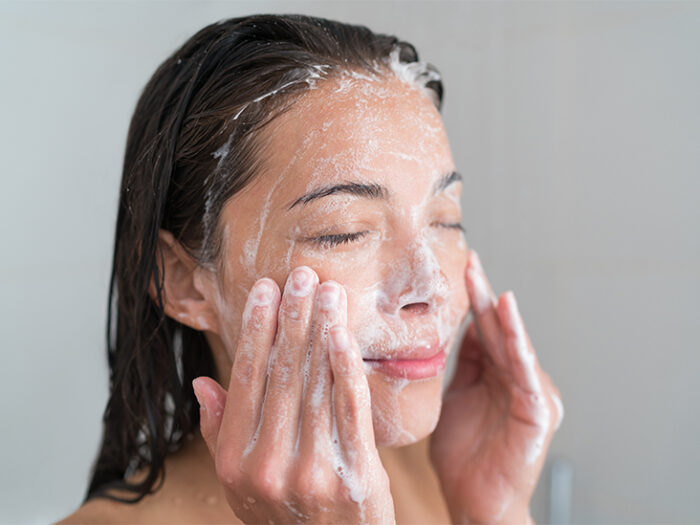
Source: healthline.com
In the case of undergoing a facelift, rest is highly important. Your surgeon will wrap your face in bandages and will recommend appropriate beauty products to help reduce the inevitable bleeding. One of these products is a moisturizer and cleanser. Once you remove your bandages after a period of 24 hours, you will have to use these products. A moisturizer will help you reduce scarring, while you can use the cleanser to avoid bacteria build-up.
Other products you’ll use include soap. Since preventing bacteria buildup in the incision areas is of utmost importance, make sure to wash your face with soap and water at least a few times a day. Your face will also feel quite a lot of pain and tenderness. This can be a potential problem, so make sure to add hydrogen peroxide to lessen some of the pain.
Taking care of your face after a facelift is of utmost importance, and a moisturizer and cleanser will certainly help do that.
Should You Wear Makeup?

Source: bestlifeonline.com
We’ll finish off this article with the following. Plenty of plastic surgery patients that have undergone facelifts ask the question of whether or not they can use makeup? First off, your surgeon will advise against going outside after surgery. But chances are you will meet with people even if they come over. When that happens, many of you would think of covering scars and incision areas with makeup.
Sadly, you shouldn’t be doing that. Your makeup station can wait a few weeks before you use it again. Why? Well, you’ve just did drastic changes to your face and the last thing it needs is makeup. While you can add makeup to your face, make sure not to put any makeup on the incision area. If you do that, there is a chance of redness appearing. Also, if you do add makeup, make sure to wash your face before going to bed.

